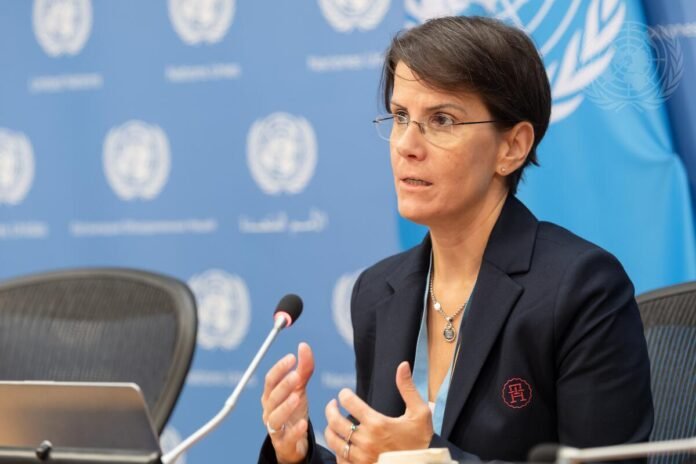A United Nations expert has called for significant reforms to protect women and girls in Kuwait. Reem Alsalem, the UN Special Rapporteur on Violence against Women and Girls, highlighted critical systemic failures. She spoke at a press conference in Kuwait on Tuesday. Consequently, she recommended creating a standalone ministry for women’s affairs.
Alsalem identified major challenges for women seeking justice. Victims face insufficient specialized courts and ineffective shelters. Additionally, long litigation processes and social stigma create formidable barriers. Poor coordination between police and social services further complicates access to support. Notably, all official shelters were under renovation during her visit.
The situation is particularly dire for migrant workers. The kafala sponsorship system leaves them highly vulnerable to abuse. Although a 2015 law offers some protections, enforcement remains weak. Recent measures allowing temporary sector transfers have had limited impact. This is due to insufficient inspections and monitoring of work conditions.
Alsalem also highlighted discriminatory nationality laws. Kuwaiti women married to non-Kuwaitis cannot pass their nationality to their children. This results in systemic legal and social discrimination for these children.
A particularly alarming development is the recent withdrawal of nationality. A policy introduced in 2024 has affected tens of thousands. Naturalized foreign women married to Kuwaiti men bear a disproportionate burden. Revocation leads to devastating losses: jobs, property, pensions, and access to basic services. While temporary passports and an online appeals portal exist, an independent judicial mechanism is urgently needed.
Despite these challenges, Alsalem acknowledged Kuwait’s positive steps. Reforms include the 2020 Domestic Violence Law and 2025 Penal Code amendments. These amendments abolish leniency in so-called “honor killings.” The marriage age has been raised to 18 for both sexes. Kuwait has also made progress on equal pay and female participation in leadership roles.
Alsalem urged immediate and long-term actions. She recommended strengthening shelters and outreach programs. She also emphasized better data collection and public awareness campaigns. Creating “one-stop shops” for survivors could provide comprehensive services. Closer engagement with civil society organizations is essential for effective implementation.


